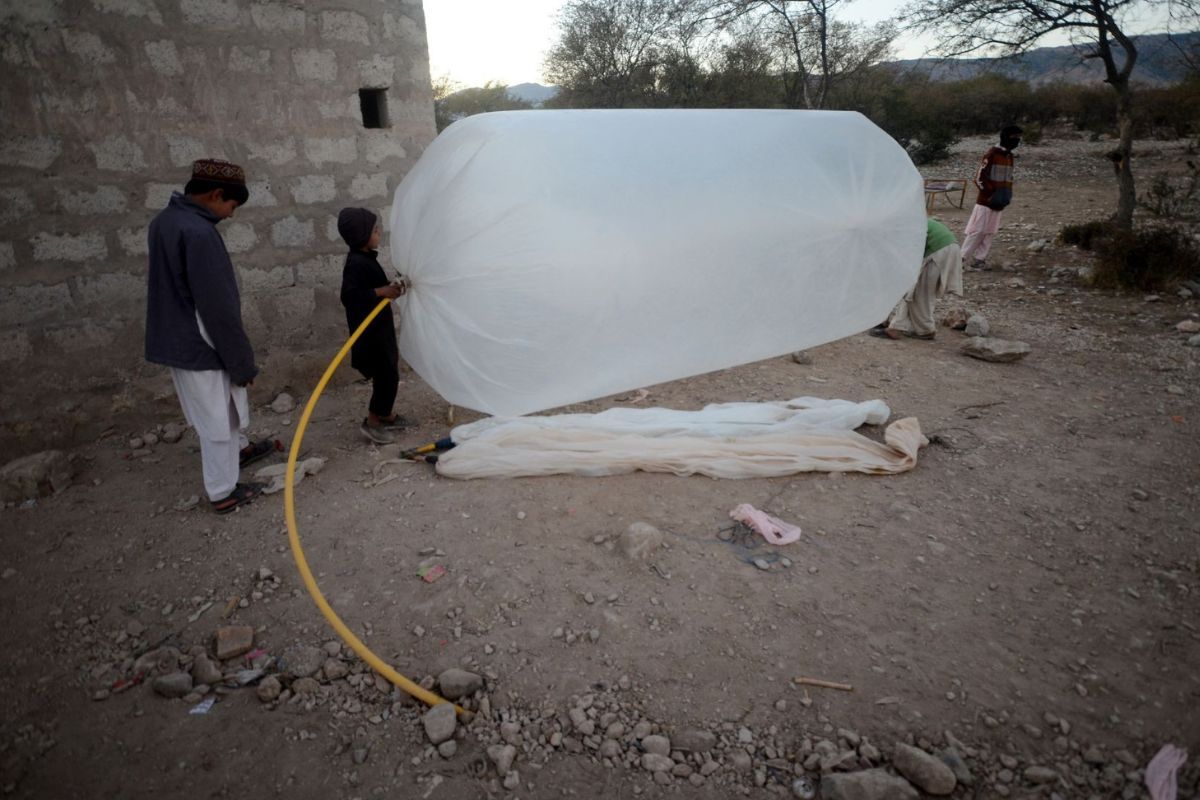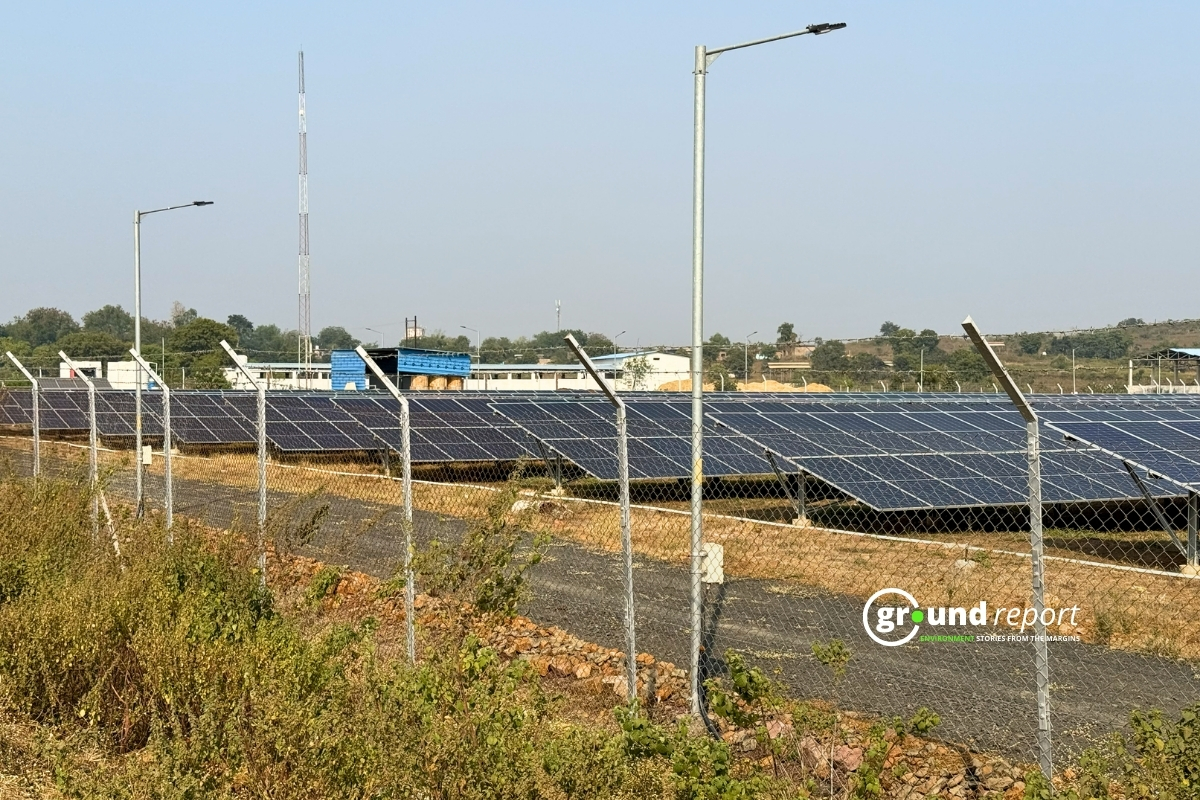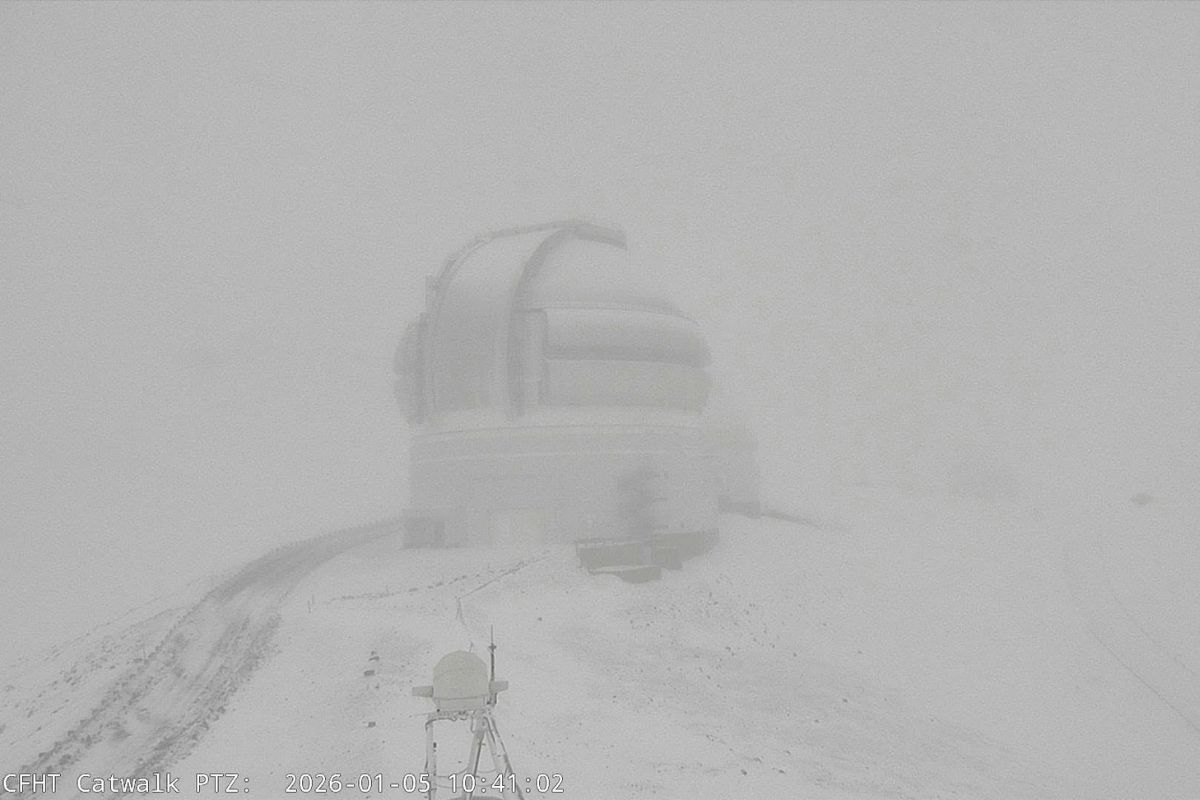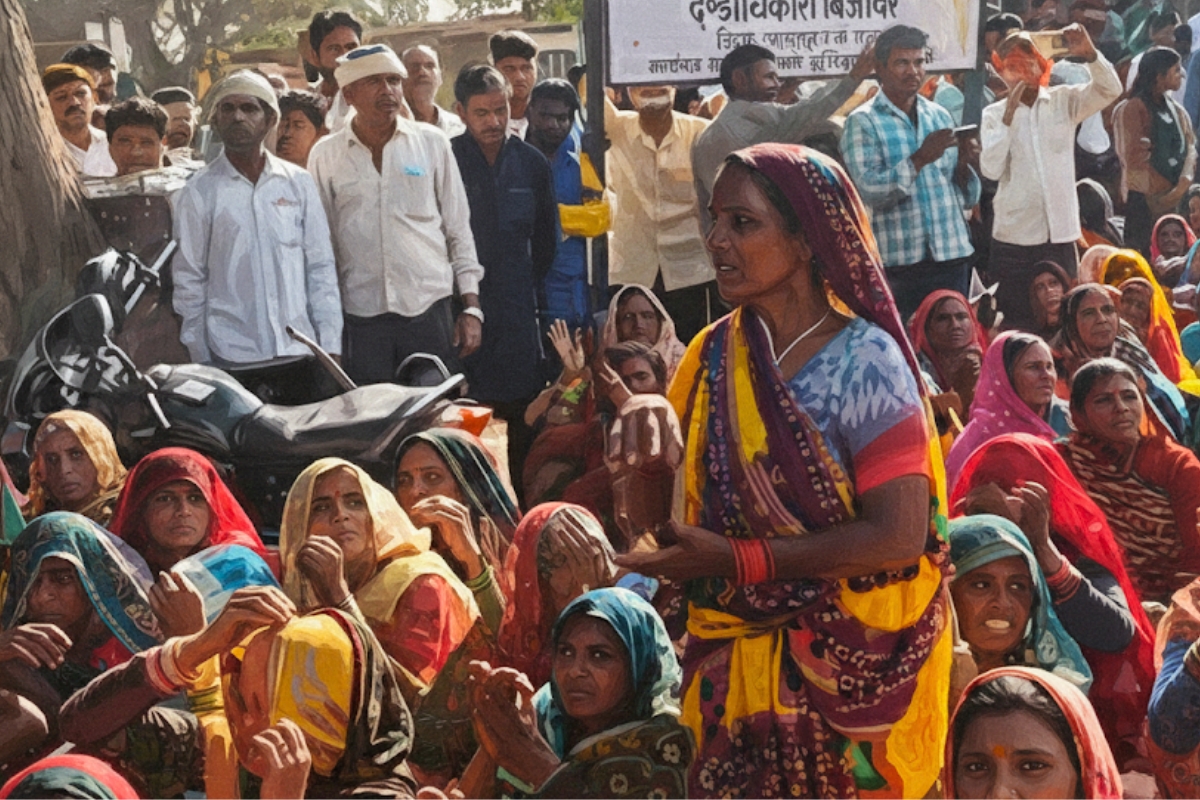In northwest Pakistan, residents face perilous conditions as they resort to transporting natural gas in large plastic bags, dubbed “walking bombs,” due to infrastructure deficiencies and high energy prices.
In the region’s abundant natural gas and oil reserves in Karak district in the Khyber Pakhtunkhwa province of Pakistan, located between Peshawar and Karachi on the main Indus Highway, locals must illegally extract them using hoses and store them in plastic bags resembling helium balloons for transportation. This practice, known as ‘bag gas,’ poses significant risks, with containers prone to exploding at any moment.
Gul Hassan, a resident of Karak, aptly describes them as “walking bombs” that endanger their homes and families. Tragically, incidents of gas balloons catching fire, particularly affecting women, have led to severe burns, as reported by local media. Despite the dangers, the desperation to avoid hunger and cold drives residents to take these risks.
According to DW.com, locals obtain their LPG supply from stores that fill plastic bags with natural gas sourced from the country’s main gas pipeline network. These bags are sealed tightly with a nozzle and valve. Despite the secure closure of the bags, the risks associated with this practice are evident. However, due to the scarcity of resources in the country, people are resorting to hazardous methods to meet their basic needs
Natural gas crisis in Pakistan
Pakistan’s economy grapples with an energy crisis exacerbated by the soaring costs of natural gas and oil, particularly following the devastating floods of 2022, which affected millions and claimed thousands of lives. The aftermath of this catastrophe, coupled with rampant inflation, has pushed vulnerable communities to the brink, leaving them with dwindling options to afford fuel for cooking and heating.
“As the 21st largest consumer of natural gas globally, Pakistan faces severe shortages exacerbated by heightened winter demand,” stated government data.
As the 21st largest consumer of natural gas globally, Pakistan faces severe shortages exacerbated by heightened winter demand. Government data reveals a stark imbalance, with daily gas production at 1.7 billion cubic feet unable to meet the demand of 2.5 billion cubic feet.
The state’s Oil and Gas Regulatory Authority (OGRA) has authorized two gas companies, Sui Northern Gas Pipelines Limited (SNGPL) and Sui Southern Gas Company Limited (SSGCL), to hike their prices by 74.42 per cent and 75.35 per cent, respectively.
This decision allows SNGPL and SSGCL to raise their average recommended gas prices by a combined total of Rs406.28/mmBtu ($1.78) and Rs499.28/mmBtu ($2.19), respectively.
The black market in gas
Despite authorities’ efforts to crack down on illegal practices, the underground gas trade persists and appears to be expanding, involving more individuals in the area. Residents have resorted to puncturing the main gas line and using hoses to fill plastic bags, fueling a clandestine economy.
As the black market thrives, Pakistan’s gas companies, Sui Northern Gas Pipelines and Sui Southern Gas, secured approval from the state regulator to hike prices by 74.42% and 75.35% respectively by early January.
With dwindling gas reserves and escalating prices compounded by surging demand, Pakistan increasingly relies on imports, particularly from Qatar for liquefied gas. Import expenditures, which stood at $2.6 billion in fiscal year 2021, are projected to skyrocket to over $32 billion by fiscal year 2030, per a recent Institute for Energy Economics and Financial Analysis report.
The study also warns that Pakistan’s shift to liquefied natural gas undermines energy security and financial stability, exacerbating existing challenges.
Beset by gas theft and underutilization of its reserves, Pakistan explores the possibility of importing natural gas from sanctioned countries like Russia and Iran, further complicating its energy landscape.
Support us to keep independent environmental journalism alive in India.
Keep Reading
What is Green Hydrogen? Could it change energy in South Asia?
Blue hydrogen is worst for climate: study
How Increasing space traffic threatens ozone layer?
Hydro Fuel Market: India’s current scenario and the future ahead
Natural Gas is a Misleading term, It is not Natural and clean at all
Follow Ground Report on X, Instagram and Facebook for environmental and underreported stories from the margins. Give us feedback on our email id greport2018@gmail.com.
Don’t forget to Subscribe to our weekly newsletter, Join our community on WhatsApp, and Follow our YouTube Channel for video stories.









